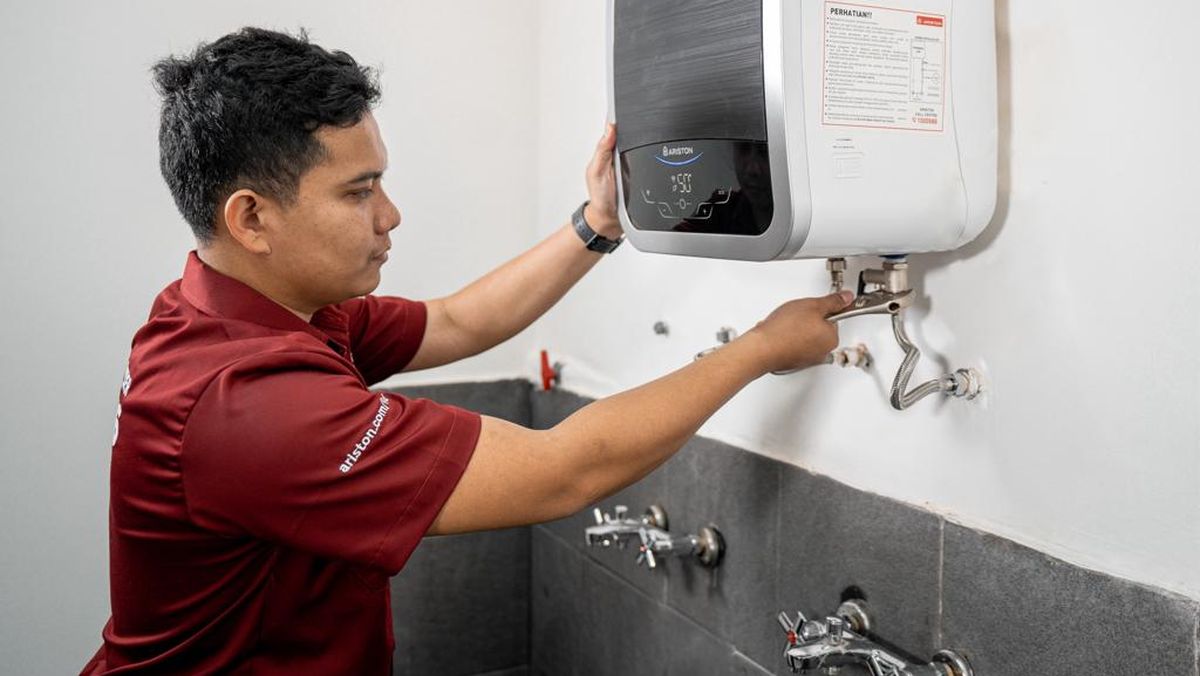A water heater is an essential home appliance, especially during Livermore’s chilly months. While it’s best to call a professional for major repairs, minor water heater issues can often be fixed with some basic troubleshooting. Learning how to handle these small problems can save you time and money. In this article, we’ll share easy DIY tips for water heater repair in Livermore, CA.
1. No Hot Water? Check the Power Supply
If your water heater isn’t producing hot water, the issue might be as simple as a disrupted power supply.
- For Electric Water Heaters: Check the circuit breaker in your electrical panel. If it’s tripped, reset it. Also, check if the water heater’s power switch is on.
- For Gas Water Heaters: Ensure the gas supply valve is open. If the pilot light is out, relight it according to the manufacturer’s instructions.
If this doesn’t solve the issue, it could be a faulty heating element or thermostat, which may require professional help.
2. Water is Too Hot or Too Cold
Temperature problems can often be fixed by adjusting the thermostat on your water heater.
- Locate the thermostat dial (usually on the tank).
- For optimal comfort, set it to around 120°F.
- Wait a few hours to see if the adjustment resolves the issue.
If the water is still too hot or cold, the thermostat might need replacement.
3. Sediment Build-Up in the Tank
Livermore’s water can contain minerals that cause sediment to accumulate at the bottom of your water heater. This can lead to reduced efficiency or odd noises.
To fix this:
- Turn off the water heater and let it cool.
- Attach a garden hose to the drain valve at the bottom of the tank.
- Open the valve and let the water (and sediment) drain out.
- Close the valve and refill the tank.
Flushing your water heater every six months helps prevent sediment build-up.
4. Leaky Water Heater
A leak can range from a minor drip to a significant issue. First, identify the source of the leak:
- If the leak is coming from connections or valves, use a wrench to tighten them.
- For leaks from the tank itself, you may need to replace the water heater as this indicates internal damage.
Always turn off the water supply before addressing a leak.
5. Strange Noises Coming from the Tank
Popping or rumbling noises often indicate sediment build-up, as mentioned earlier. Flushing the tank can resolve this issue. If the noise persists, it could be a sign of a damaged heating element, which might need professional attention.
When to Call a Professional
While these DIY tips can solve many minor issues, there are times when it’s best to call a professional. For example:
- If the water heater isn’t working after troubleshooting.
- If you notice severe leaks or corrosion.
- If you’re uncomfortable handling gas or electricity.
Final Thoughts
Fixing minor water heater issues yourself can save you money and keep your system running efficiently. However, safety always comes first. If a problem seems beyond your expertise, don’t hesitate to call a trusted plumber in Livermore.
